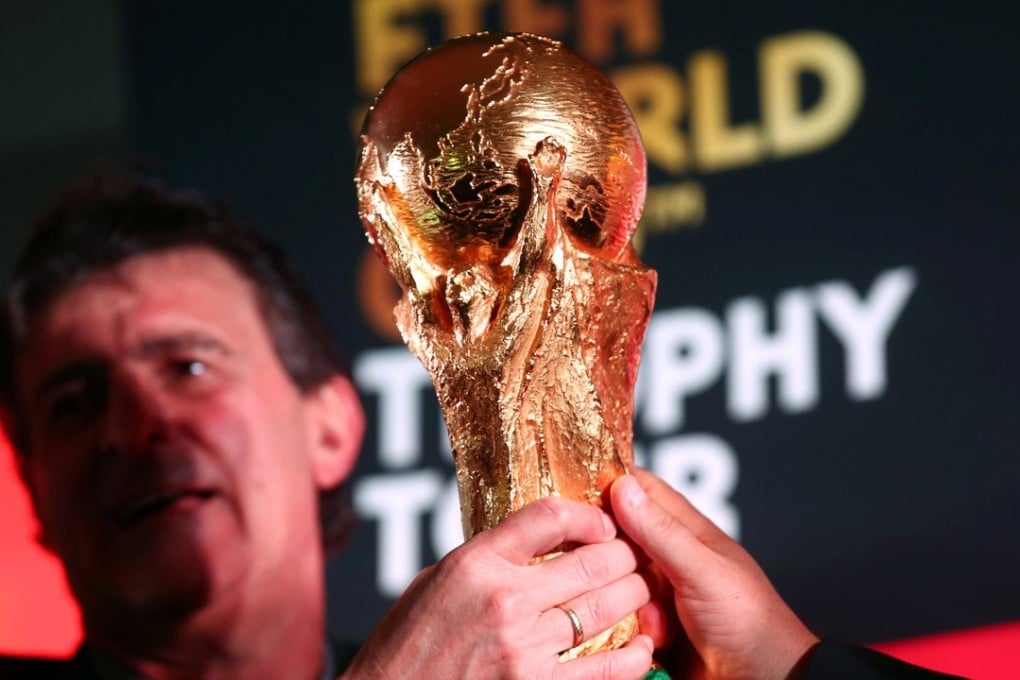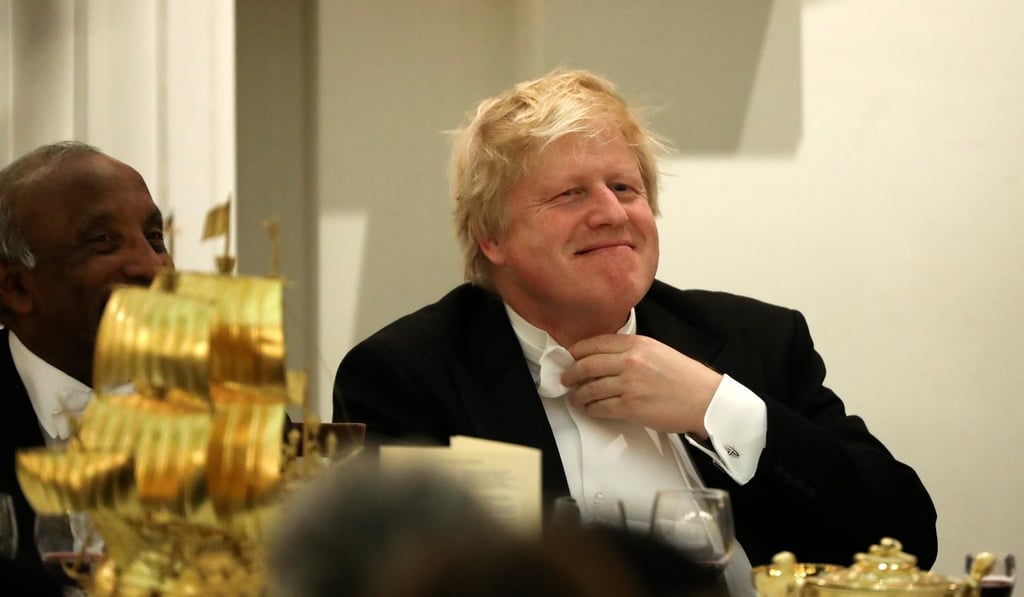Opinion | With retaliation talk against Russia rumbling into threats, could there really be a World Cup boycott?
Fifa’s showcase summer festival of football is under threat by the shifting sands of geopolitics and retribution against Russia

In Britain, the country’s perpetually boisterous foreign secretary, Boris Johnson, has suggested that if England play in the tournament, it will present Russian president Vladimir Putin with the same kind of propaganda opportunity afforded to Adolf Hitler by countries that participated in the 1936 Berlin Olympic Games.

There have previously been mass boycotts in sport, notably at the 1980 and 1984 Olympic Games (coincidentally, though unsurprisingly, in Moscow and Los Angeles). Similarly, the world of sport repeatedly demonstrated its ability to exert political pressure on a nation during the boycott of apartheid-era South Africa.
The world is a different place now, but this history of sport mixing with geopolitics still suggests that Russia is rather more exposed to its showcase event being disrupted than Putin’s bullish posturing might suggest.
Several commentators argued that in the age of Putin’s Russia and Donald Trump’s United States, we are not reliving a contemporary reincarnation of the Cold War. Instead, this is a period during which there are perceived to be few rules, and where Putin’s political strategy often seems to be targeted more at a domestic audience than foreign ones.

